PM Modi Says Sustainable Mobility Ecosystem Development Need of the Hour at SIAM Convention 2023
PM Modi virtually delivered a message highlighting the value of the Indian automobile sector on the eve of the 63rd SIAM Annual Convention held in New Delhi. According to him, the automobile industry "will be a key driver of India's growth from the fifth to the third largest economy in the world."
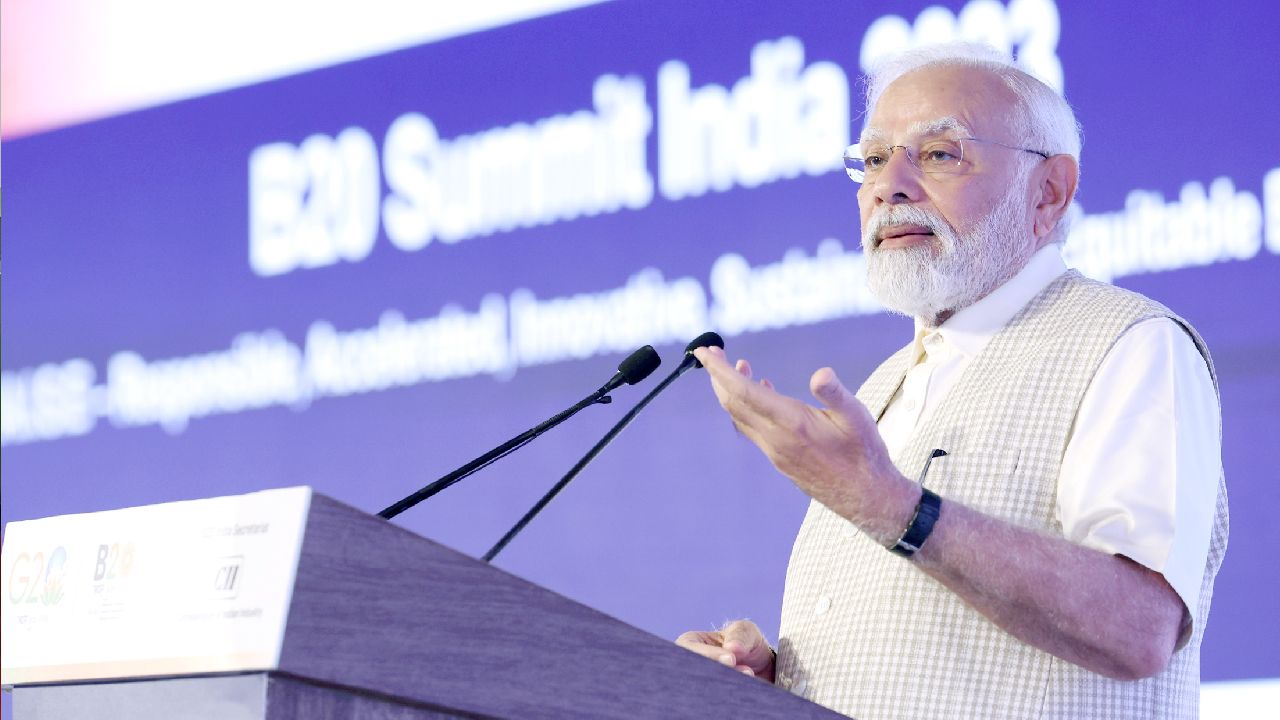
PM Modi virtually delivered a message highlighting the value of the Indian automobile sector on the eve of the 63rd SIAM Annual Convention held in New Delhi. According to him, the automobile industry "will be a key driver of India's growth from the fifth to the third largest economy in the world."
Prime Minister Narendra Modi virtually delivered a message highlighting the value of the Indian automobile sector on the eve of the 63rd SIAM Annual Convention held in New Delhi. According to the PM, the automobile industry "will be a key driver of India's growth from the fifth to the third largest economy in the world." With a roughly 7 per cent GDP contribution, the auto industry is one of the major foundations of India's expanding economy. Moreover, it directly or indirectly employs close to four crore people nationwide. Not only that, it is further important to note that it significantly boosts our exports. For those unaware, the government has also developed programs like the PLI (Production Linked Incentives) and the FAME (Faster Adoption and Manufacturing of (Hybrid) & Electric Vehicles) in an effort to shift the country toward sustainable mobility. Mahendra Nath Pandey, Minister of Heavy Industries, in his address at the event, emphasised that the government's PLI and ACC battery programmes are advancing at a rapid rate. He also claimed that India will produce its first advanced cell chemistry battery by the end of 2023 or January 2024.
PM Narendra Modi's Message
In his message, Prime Minister Narendra Modi encouraged the auto sector to work toward the goal of creating a strong, developed, self-sufficient, and sustainable India by the year 2047.
PM Modi remarked, "In today's India, mobility in its various forms is a key driver of growth. As crores of people move out of poverty into the neo-middle class, there is social and economic mobility. As they push the nation's growth through their aspirations, they power our economy to be the fastest growing in the world. Due to this, from being the 10 largest economy, India has become the 5 largest economy. Soon, we are poised to reach the top 3. The automobile industry is both a catalyst and a beneficiary in this value-creation cycle. Employing crores of people, the industry has contributed to income growth. At the same time, the automobile sector too has been a beneficiary of greater demand generated by economic growth. The need of the hour today is to develop a mobility ecosystem that is sustainable and in harmony with the environment. Environmentally-conscious and economically viable mobility is the future. The Indian auto industry's efforts towards decarbonisation through the introduction of vehicles with a wide range of powertrain technologies are noteworthy. Today, we have vehicles running on multiple alternative technologies like Ethanol flex-fuel, CNG, Bio-CNG, Hybrid Electric, Electric, and Hydrogen."
"There is a need to continue and enhance such concerted efforts for reducing both carbon emissions and our country's dependence on oil imports. The period till the year 2047, when we celebrate 100 years of independence, is an opportune time to realise the vision of building a strong, sustainable, self-reliant, and developed India. I am confident that the discussions among industry experts and key stakeholders at this convention will help draw a pathway for the automobile industry toward achieving the goals of Amrit Kaal," he further stated.
Also Read: No Additional 10% GST on Diesel Vehicles in India, Confirms Nitin Gadkari
Union Minister Nitin Gadkari Reflects on the Need for Sustainable Mobility
While addressing the audience at the Inaugural session of the event with the theme- "Sustainable Mobility - The Way Ahead for Indian Automobile Industry," Nitin Gadkari, Union Minister of Road Transport & Highways, urged automakers to work harder to increase the use of green technology such as hydrogen, electric vehicles, and biofuels.
“In 2014, the global automobile sector was ranked 7th, but today, it has climbed to the 3rd position. The automotive sector serves as a growth engine for our nation, aligning perfectly with the honourable Prime Minister’s vision to elevate India from its current fifth-largest economy in the world to third. Our ultimate goal is to become the world’s leading automobile hub,” he said.
India has pledged to achieve zero net carbon emissions by 2070 and a reduction of 45 per cent in the GDP's intensity of carbon emissions by 2030. While some companies, including Tata Motors, have succeeded in establishing their dominance in the electric vehicle market, other firms have begun to enter it as a result of the implementation of the previously mentioned schemes and a push towards adopting green transportation.
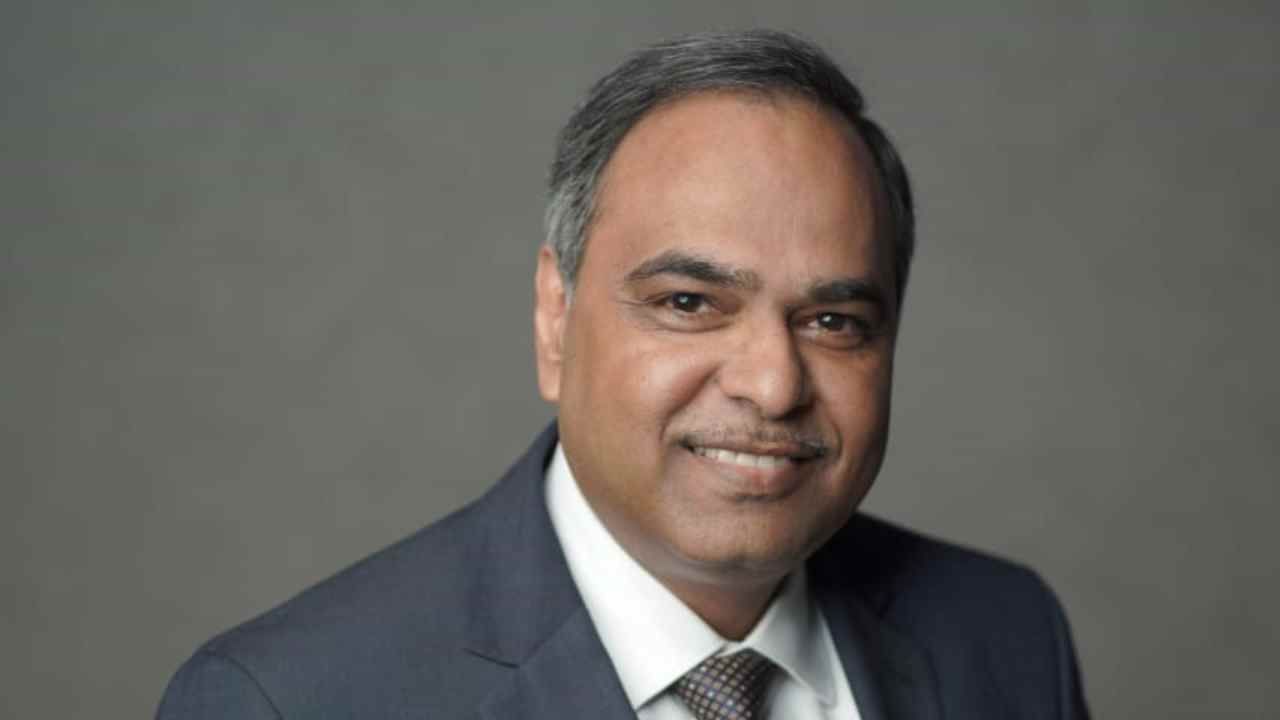
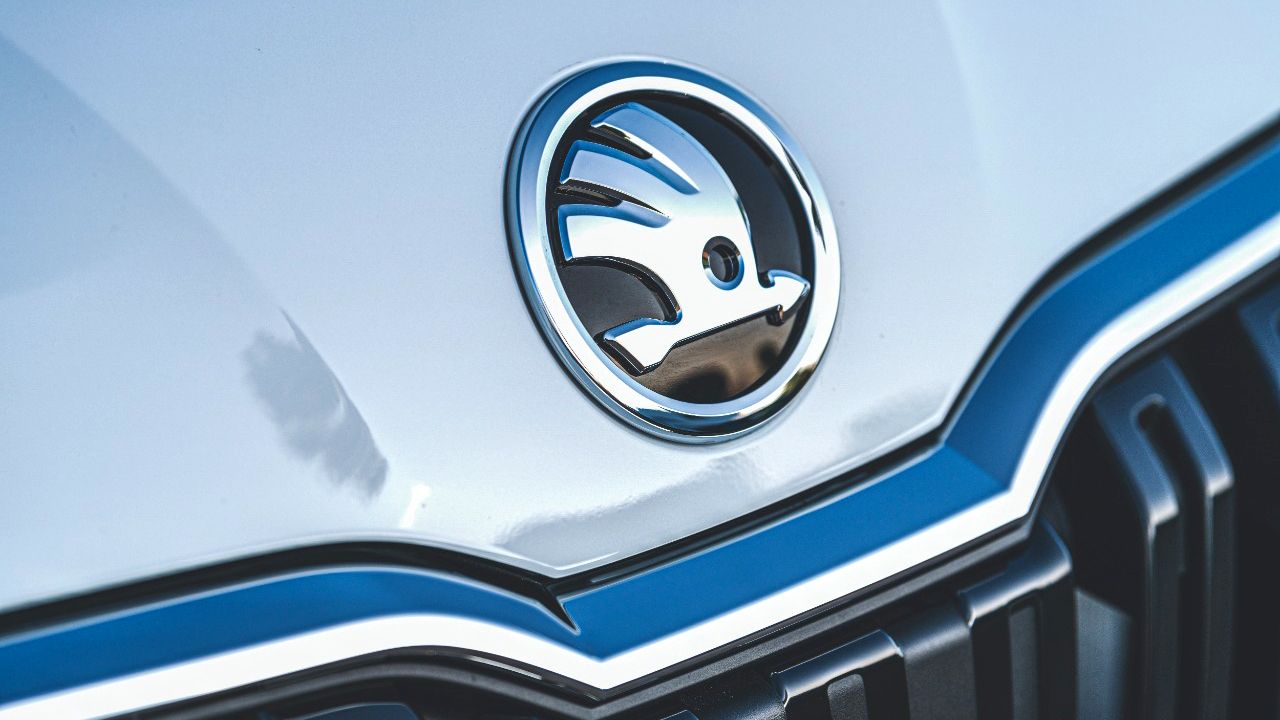

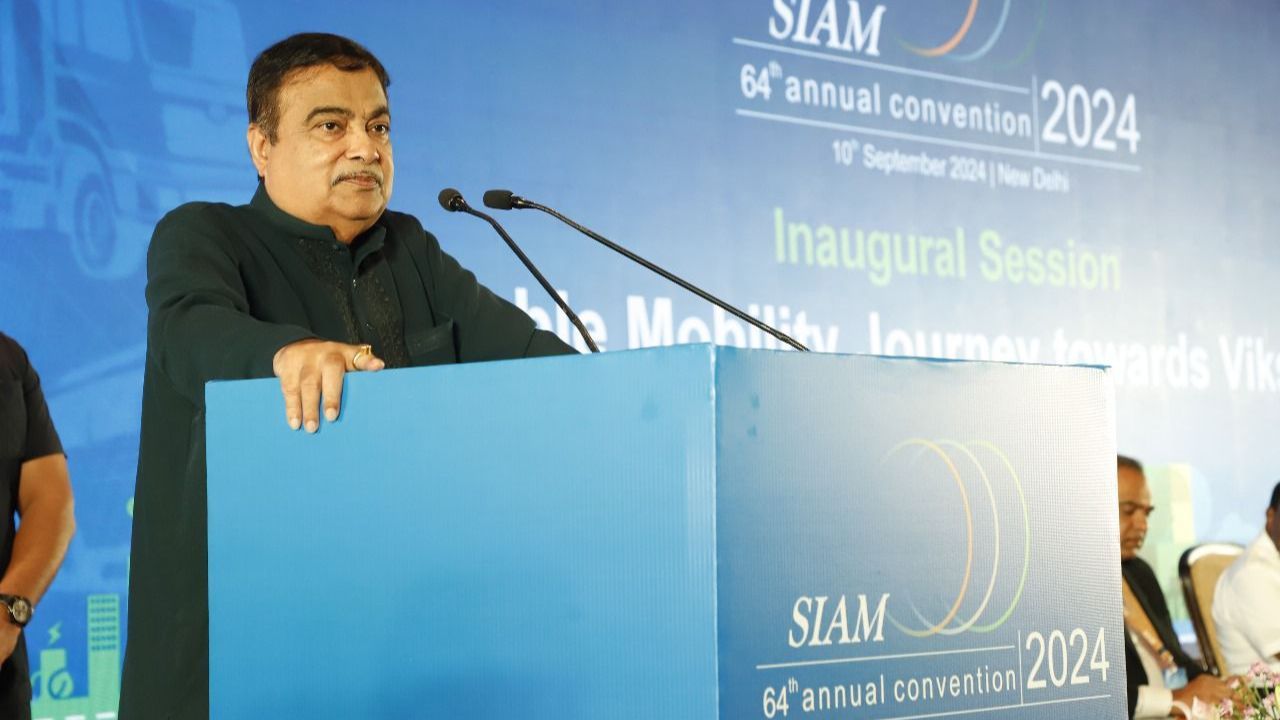
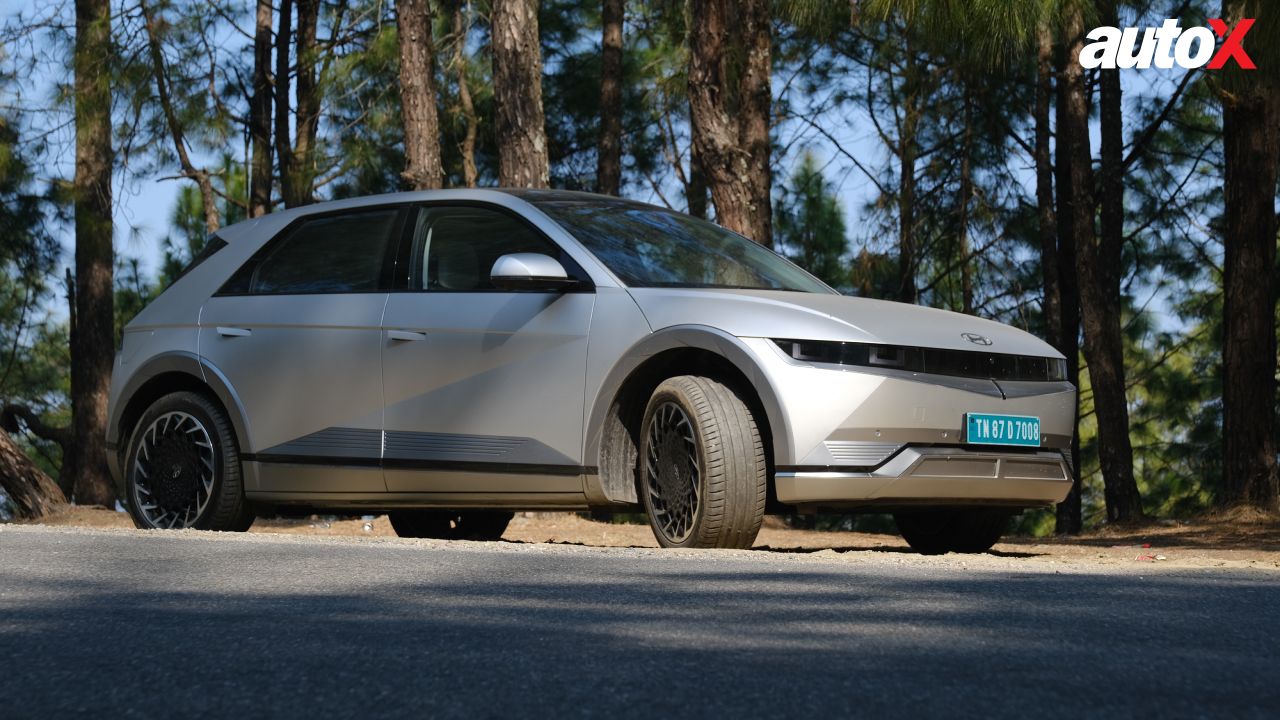
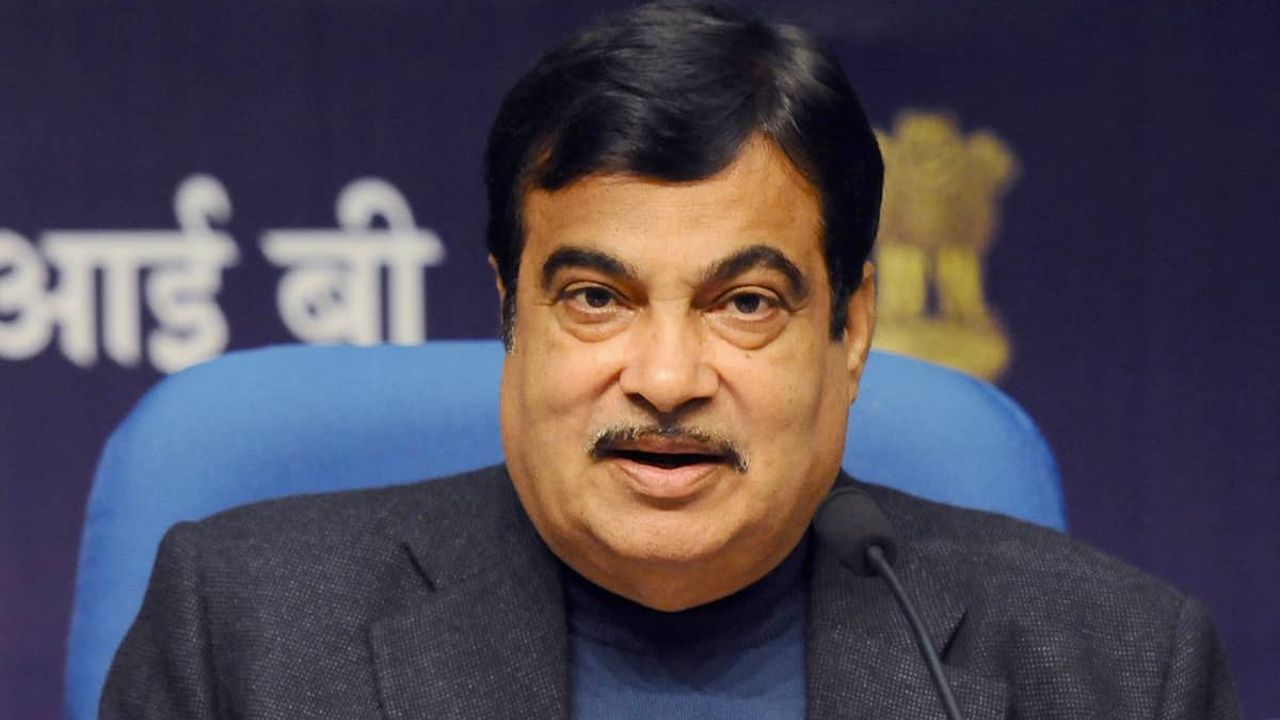
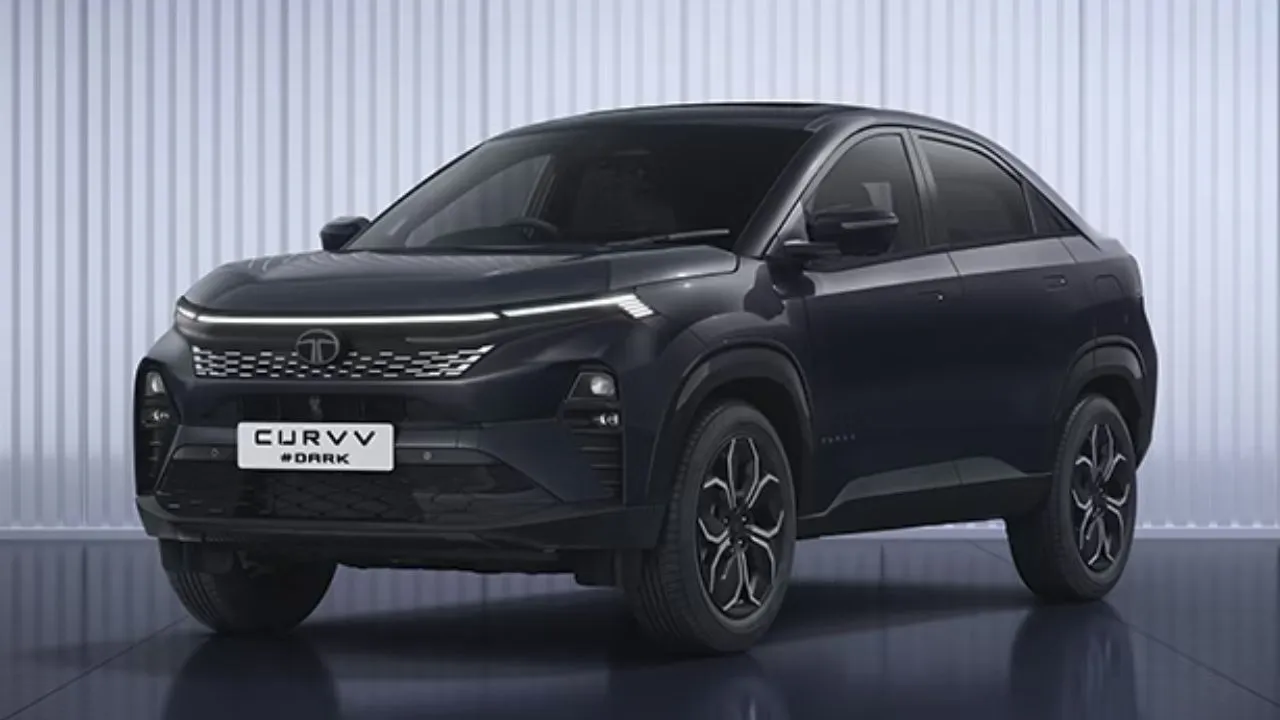

.webp)
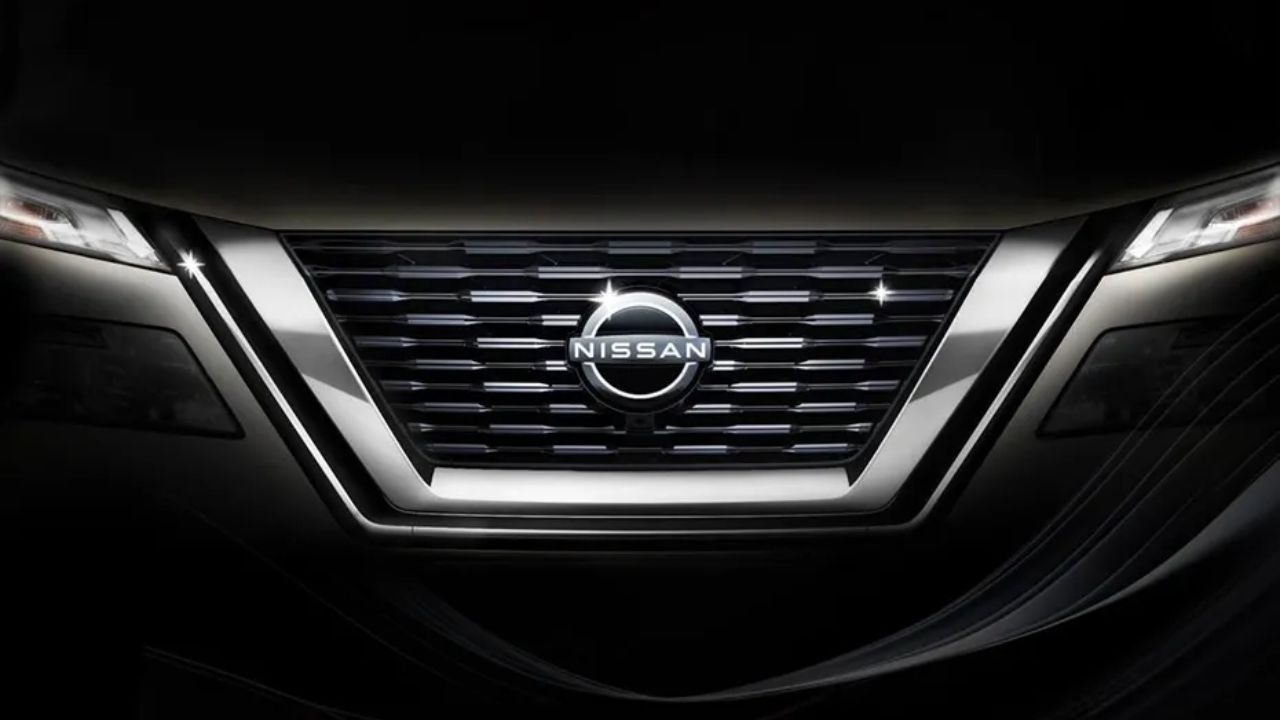
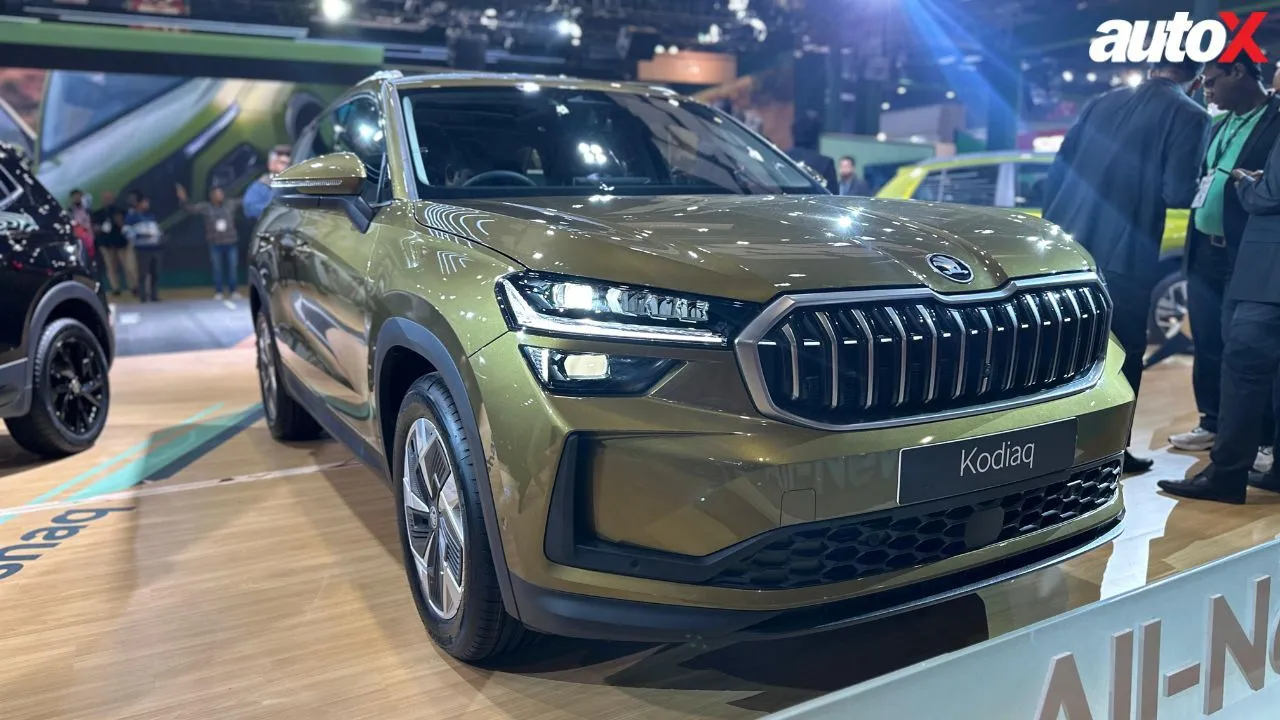



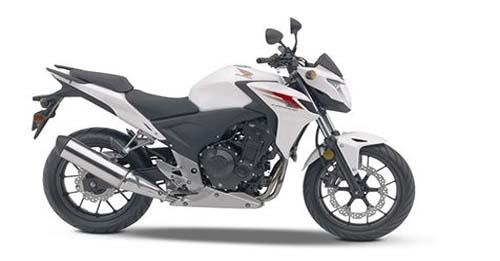















Write your Comment on